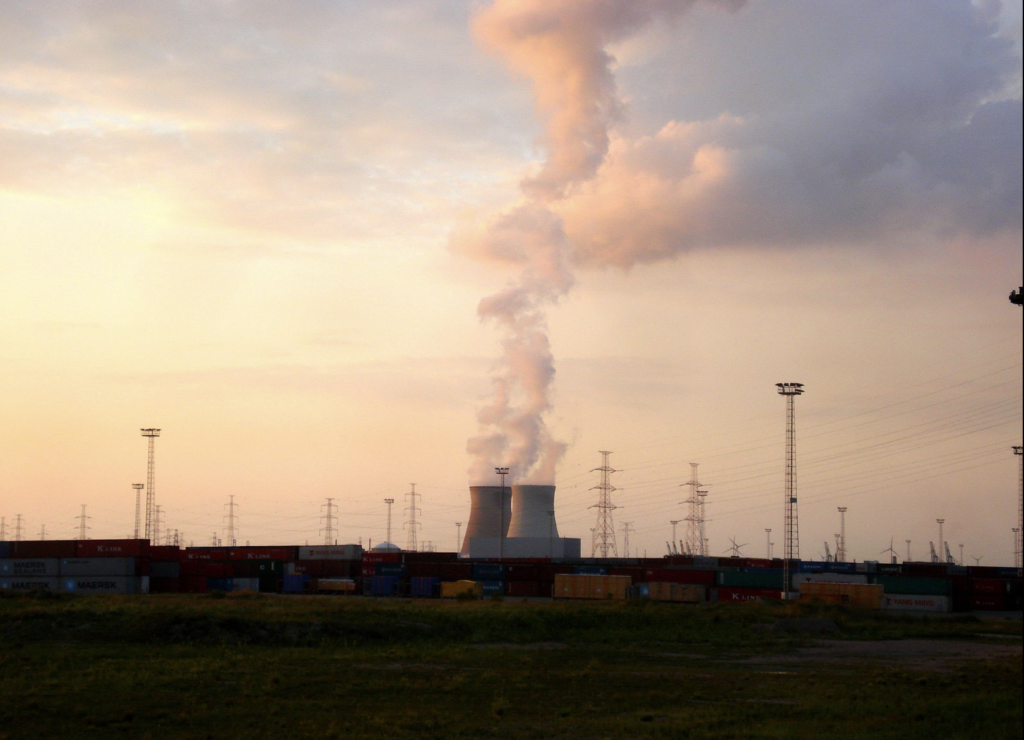French energy giant Engie has asked the Federal Government for financial assistance to extend the lifespan of Belgium’s two nuclear plants (Doel 4 and Tihange), as well as help financing the disposal of nuclear waste.
In March, Belgium’s ministerial committee decided that the country’s nuclear energy plants would be extended until 2035, ten years longer than had previously been planned, due to ongoing uncertainty in the energy market.
The Doel 4 and Tihange 3 reactors will continue to provide 2 gigawatts of electricity to around 1.5 million homes across the country.
A 'risky' investment
Engie, the company that operates the nuclear power plants, has appealed to the government to help support the extension of the plants’ operation. Company CEO Catherine MacGregor wrote to Prime Minister Alexander De Croo, saying that decommissioning Belgium's five oldest nuclear reactors was too great a financial burden for the company alongside the necessary investment in Doel 4 and Tihange 3 reactors.
Engie fears that high electricity prices will not last indefinitely, meaning the extension of the reactors may ultimately prove unprofitable. As a result, it has appealed to the Belgian government to share the financial risks and cooperate directly with Engie in operating the nuclear power plants.
The proposed cooperation would entail both risks and rewards for the government. By financing the extension of the plants, the Federal Government would share in the profits but also any losses that the project incurs.
In reaction to the letter, De Croo reiterated the government's intention “to extend the Doel 4 and Tihange 3 nuclear power plants by ten years." At the same time, he stated that energy independence and renewable energy were at the forefront of government strategy.
Political struggles
Behind the scenes, however, there are signs that the government and Engie are far from any lasting agreement. Opposition from the government’s Green party coalition partners is said to be stalling negotiations.
The Green party were reluctant to accept the government’s U-turn to extend nuclear reactors in Belgium having originally spearheaded proposals to phase out nuclear energy and aim for 100% renewable energy.
Part of the original nuclear phase-out plans stipulated an increased reliance on gas-fired power stations, facilitated by the construction of several new gas power plants at Seraing, Flemalle, and Manage.
However, against the background of historical highs for gas prices, this is viewed as an increasingly poor and costly alternative to nuclear energy, not to mention the far greater environmental costs that gas power stations bring.

